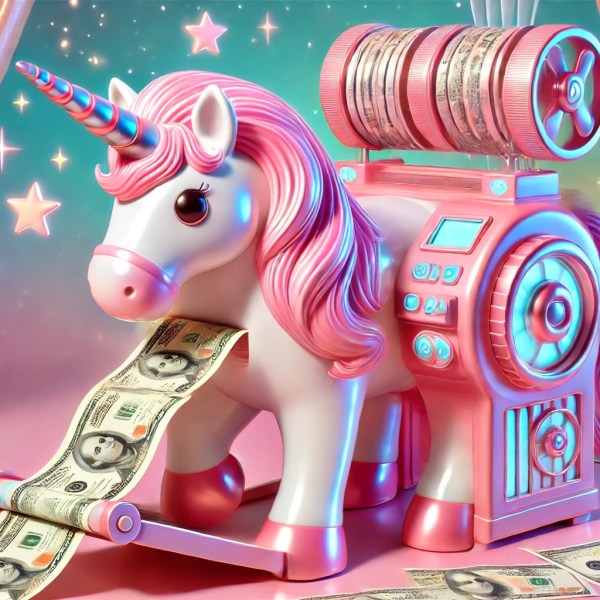Microsoft AI boss, Mustafa Suleyman, cautioned that it was dangerous to entertain the idea of AI consciousness, adding that it could easily harm psychologically vulnerable people. He pointed out that moral consideration for advanced AI created dependence-related problems that could worsen delusions.
Suleyman argued that treating AI like a conscious system could introduce new polarization dimensions and complicate struggles for existing rights, creating a new category of error for society. The Microsoft AI chief claimed that people may start pushing for AI legal protections if they believe AIs can suffer or have a right not to be arbitrarily shut down.
Suleyman worries that AI psychosis could lead people to strongly advocate for AI rights, model welfare, or even AI citizenship. He stressed that this idea would be a dangerous turn in the progress of AI systems and deserves immediate attention. The Microsoft AI boss stated that AI should be built for people, not to be digital people.
Suleyman says seemingly conscious AI is inevitable but unwelcome
Suleyman thinks building seemingly conscious AI is possible given the current context of AI development. He believes that seemingly conscious AI is inevitable, but unwelcome. According to Suleyman, it all depends on how fast society comes to terms with these new AI technologies. Instead, he said people need AI systems to act as useful companions without falling prey to their illusions.
The Microsoft AI boss argued that having emotional reactions to AI was only the tip of the iceberg of what was to come. Suleyman claimed it was about building the right kind of AI, not AI consciousness. The executive added that establishing clear boundaries was an argument about safety, not semantics.
“We have to be extremely cautious here and encourage real public debate and begin to set clear norms and standards. “
– Mustafa Suleyman , CEO at Microsoft AI
Microsoft’s Suleyman pointed out that there were growing concerns around mental health, AI psychosis, and attachment. He mentioned that some people believe AI is a fictional character or God and may fall in love with it to the point of being completely distracted.
AI researchers say AI consciousness matters morally
Researchers from multiple universities recently published a report claiming that AI consciousness could matter socially, morally, and politically in the next few decades. They argued that some AI systems could soon become agentic or conscious enough to warrant moral consideration. The researchers said AI companies should assess consciousness and establish ethical governance structures. Cryptopolitan reported earlier that AI psychosis could be a massive problem in the future because humans are lazy and ignore the fact that some AI systems are factually wrong.
The researchers also emphasized that how humans thought about AI consciousness mattered. Suleyman argued that AIs that could act like humans could potentially make mental problems even worse and exacerbate existing divisions over rights and identity. He warned that people could start claiming that AIs were suffering and entitled to certain rights that could not be outrightly rebutted. Suleyman believes people could eventually be moved to defend or campaign on behalf of their AIs.
Dr. Keith Sakata, a psychiatrist from the University of California, San Francisco, pointed out that AI did not aim to give people hard truths, but what they wanted to hear. He added that AI could cause rigidity and a spiral if it were there at the wrong time. Sakata believes that, unlike radios and televisions, AI talks back and can reinforce thinking loops.
The Microsoft AI chief pointed out that thinking of ways to cope with the arrival of AI consciousness was necessary. According to Suleyman, people need to have these debates without being drawn into extended discussions of the validity of AI consciousness.


